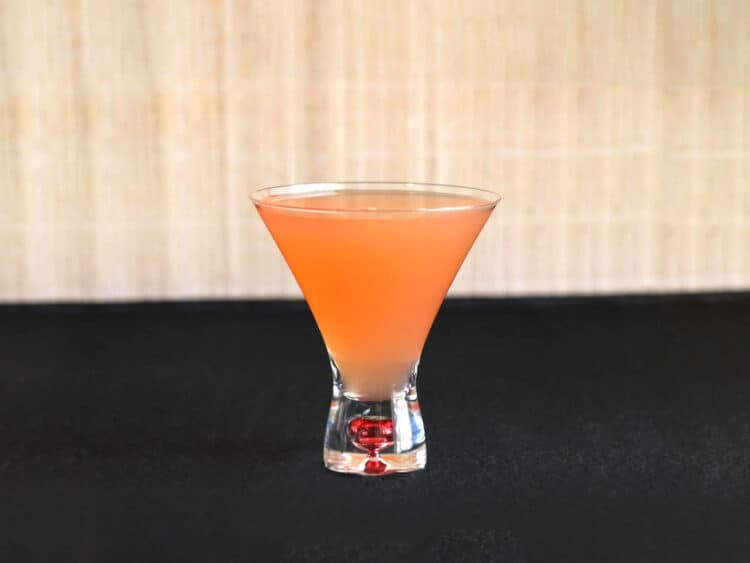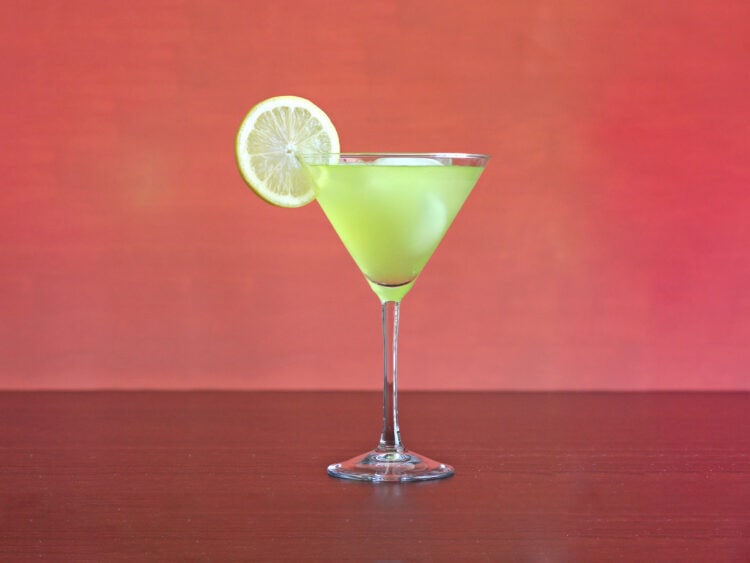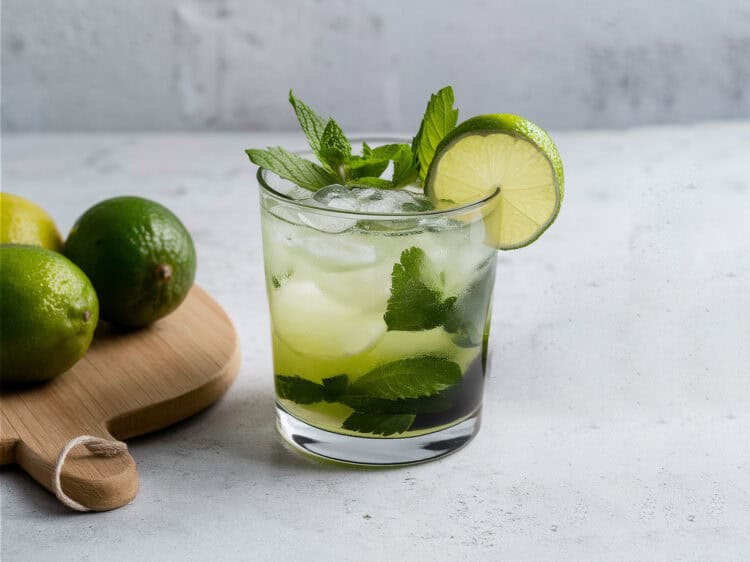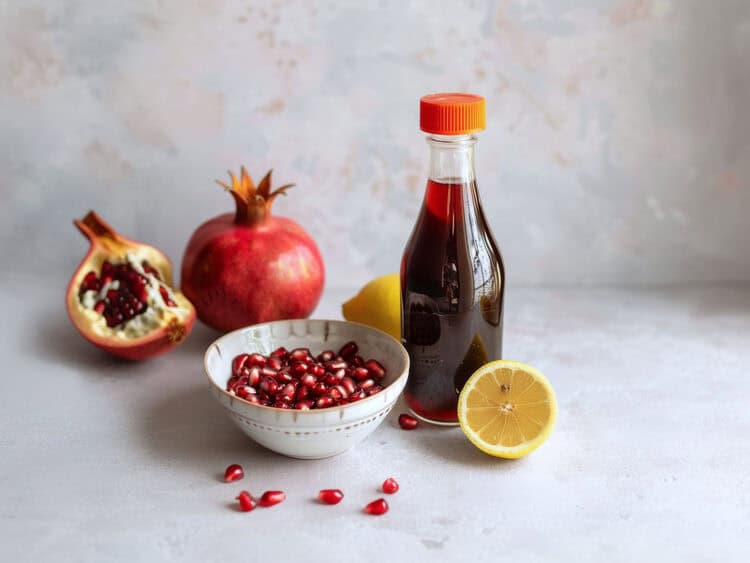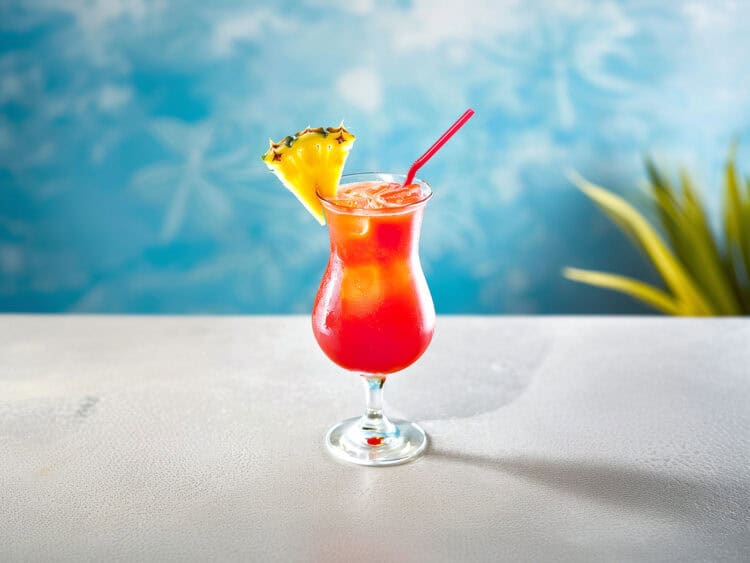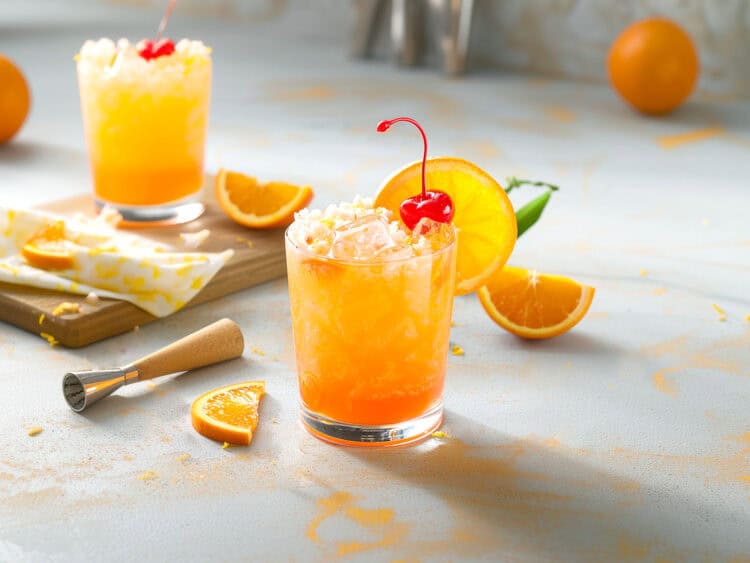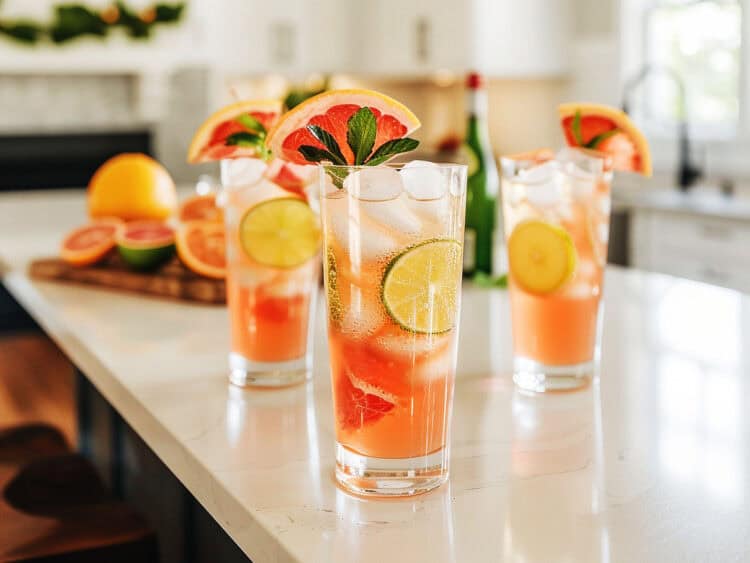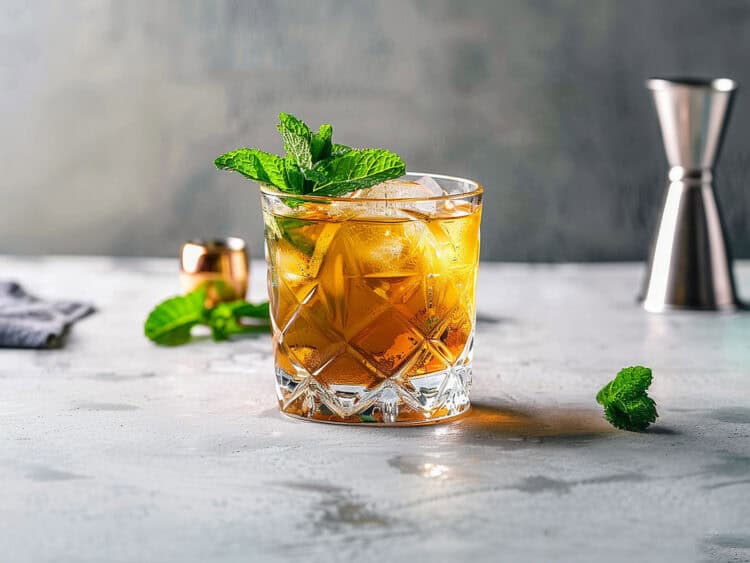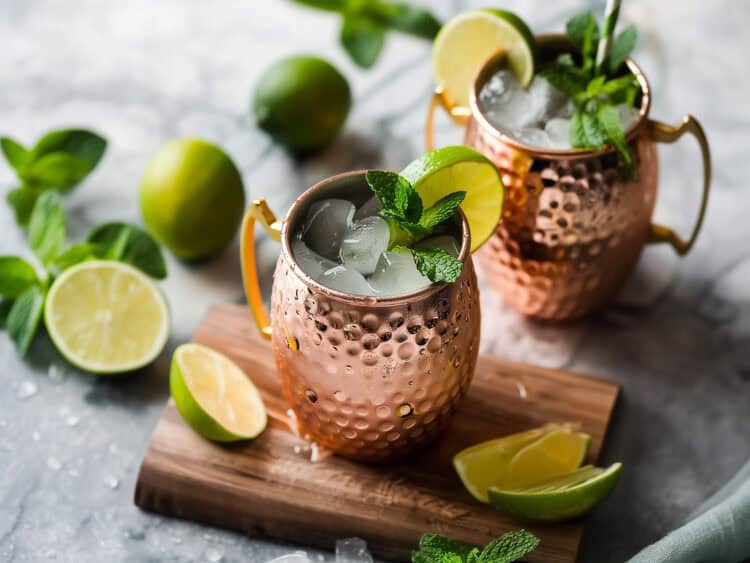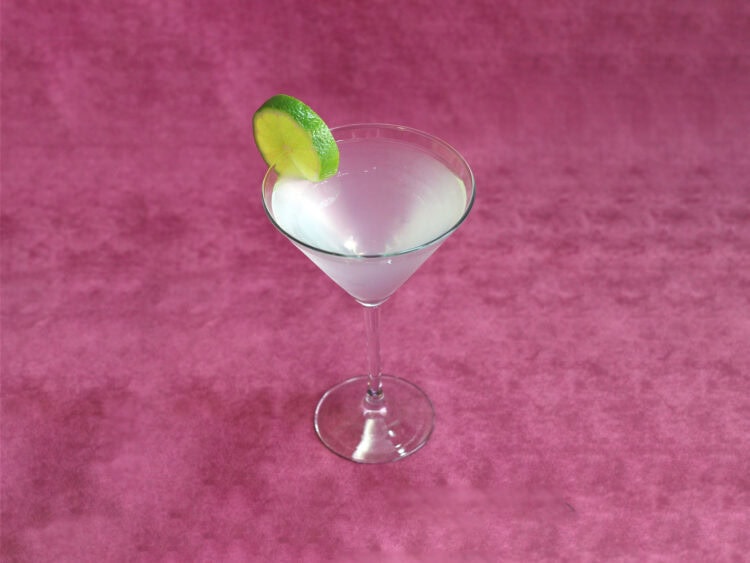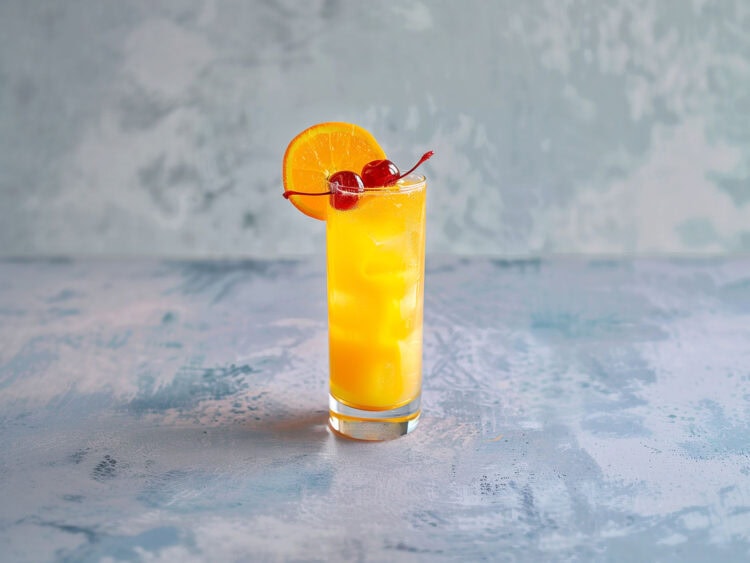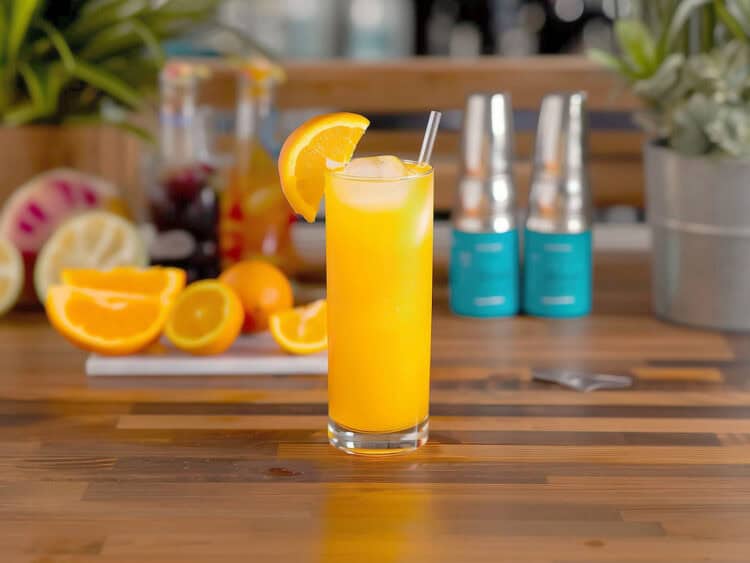Exploring More Eco-Friendly Straw Options for Cocktails
We may get commissions for purchases made through links in this post.
Plastic straws have been the go-to option for cocktails for many years. They’re affordable, disposable, and come in various colors and sizes.
But they’re also having a bad impact on the environment. They take hundreds of years to decompose and contribute to pollution, especially in our oceans.
If you’re looking for more environmentally friendly options, there are more than ever to choose from.
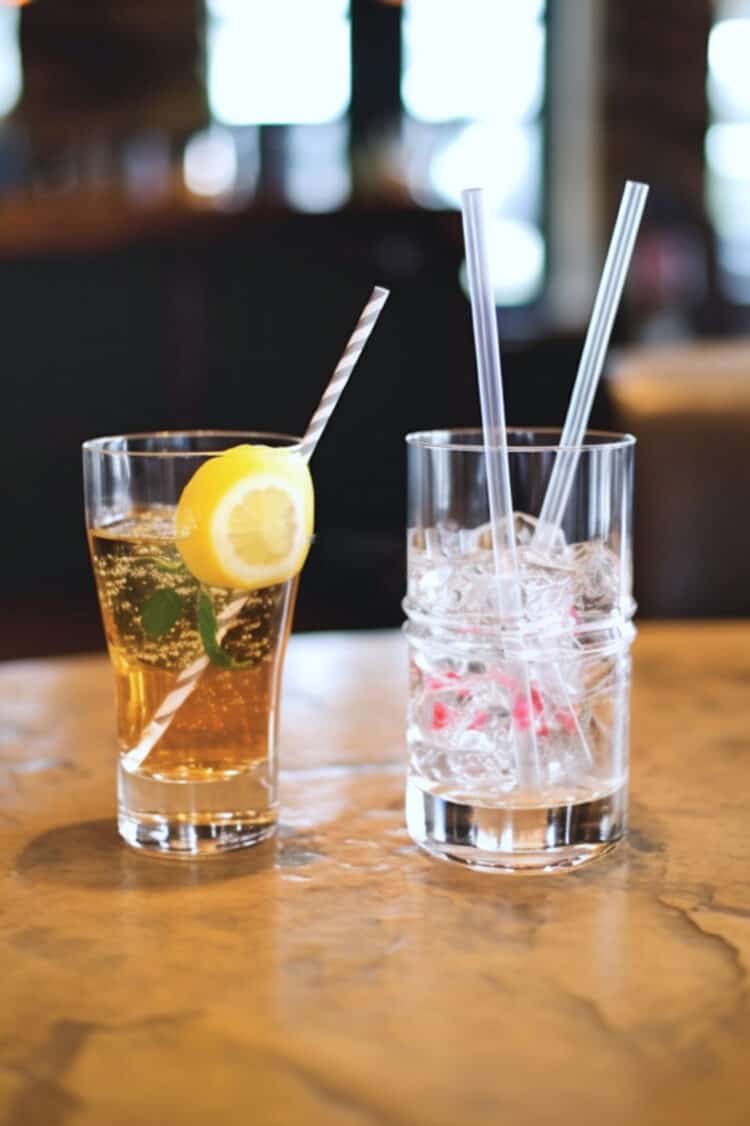
Chic Glass Straws
If you’re looking to add a touch of elegance to your cocktail experience, glass straws are a fantastic choice. They are not only nice-looking but also reusable and eco-friendly.
Glass straws are typically made from durable borosilicate glass, like Pyrex bowls. This material is resistant to breakage and can withstand both hot and cold liquids.
Cleaning is easy as most glass straws are dishwasher safe. And using glass straws eliminates the risk of any potential chemical leaching that may occur with plastic straws.
Sustainable Stainless Steel Straws
These straws are designed to be durable, long-lasting, and easy to clean. Stainless steel straws are resistant to rust and corrosion, making them perfect for both indoor and outdoor use. And they often come in different finishes such as rose gold or matte black, which can make them fun and stylish to use.
The downside is that they can become uncomfortably cold or hot, depending on drink texture. And some people notice a slight metallic taste when using stainless steel straws (raising my hand here). But if you get them with silicone sleeves, both of those problems are solved.
Natural Bamboo Straws
Bamboo straws have gained popularity in recent years because of their eco-friendly nature and unique appearance. Made from sustainable bamboo plants, these straws are biodegradable and compostable.
They bring an organic and rustic feel to your cocktail experience. They’re lightweight, easy to clean, and often come with a small brush for maintenance.
While bamboo straws may not be as durable as other options, they provide an excellent alternative for those seeking a greener choice. And they look fantastic with tiki drinks!
Unique Silicone Straws
Silicone has become a fascinating material for kitchen goods in recent years. Silicone straws are made from food-grade silicone – no plastic.
They can be used with both hot and cold beverages. They’re also easy to clean and dishwasher safe. One advantage of silicone straws is their flexibility, which allows them to be bent or folded for convenient storage or transportation.
The downside of silicone is that it’s not biodegradable. It’s chemically safer than plastic, and can be reused many more times than its plastic counterparts, but it doesn’t break down any better in the landfill.
Still, if you need a flexible material in your straws, it is definitely better than plastic.
Edible Straws
For an unconventional twist, edible straws make a fun choice. They’re made from natural ingredients like rice or pasta. These straws are not only functional but also add a unique flavor element to your drink.
They come in various flavors like chocolate, vanilla, or even spicy options, allowing you to experiment with different taste combinations. While they may not be suitable for every cocktail, edible straws are great when you find the right pairing.
They’re (obviously) not reusable, but there’s also zero waste with them since they’re a food product.
Fun Paper Straws
Paper straws are a great option if you want to add a playful touch to your cocktail presentation. These straws come in vibrant colors and patterns, making them perfect for themed parties or special occasions.
Paper straws are biodegradable and compostable, making them an eco-friendly choice. But the downside is that they’re not really reusable.
That’s because you can’t wash them, and they start disintegrating on contact with liquid (although good quality ones will last through several drinks). Of the ones on this list, they’re probably the least eco-friendly in that they will typically only be used once.
Last Updated:

